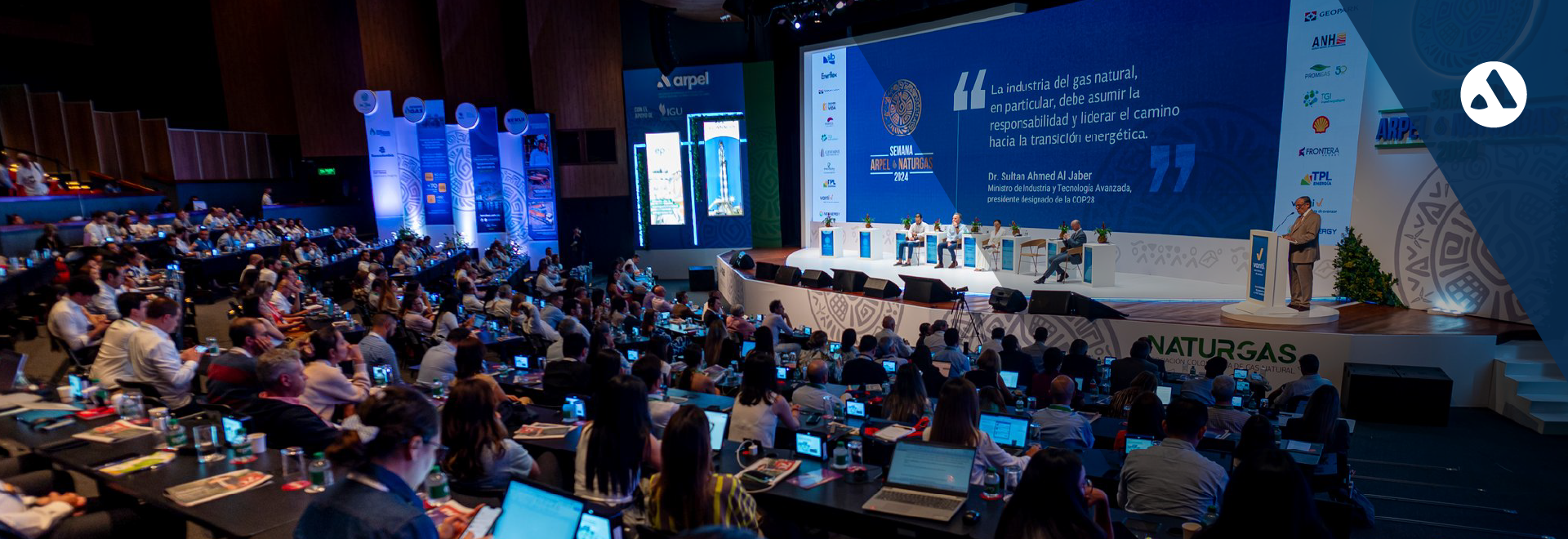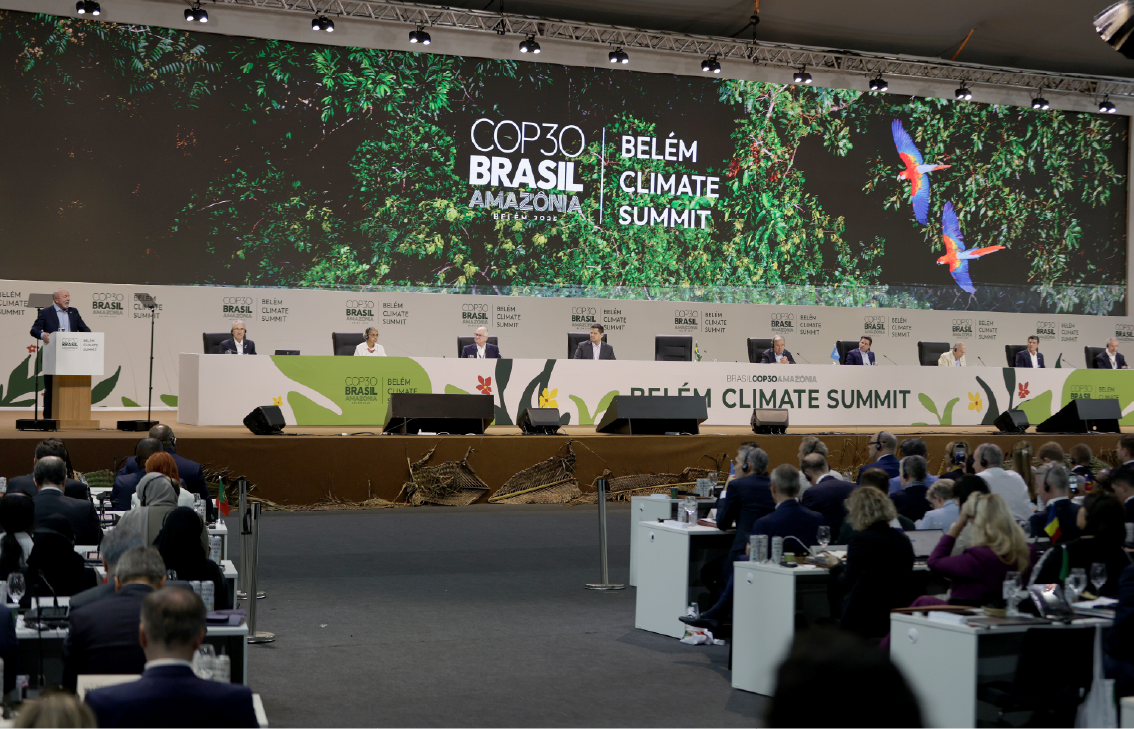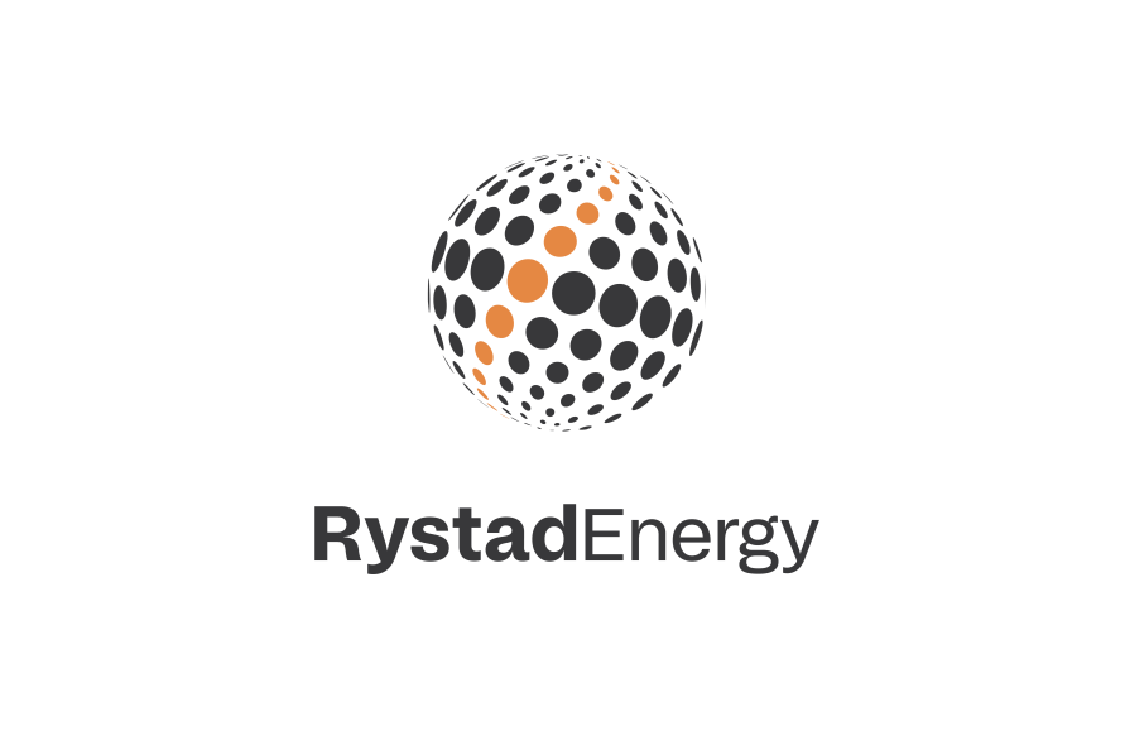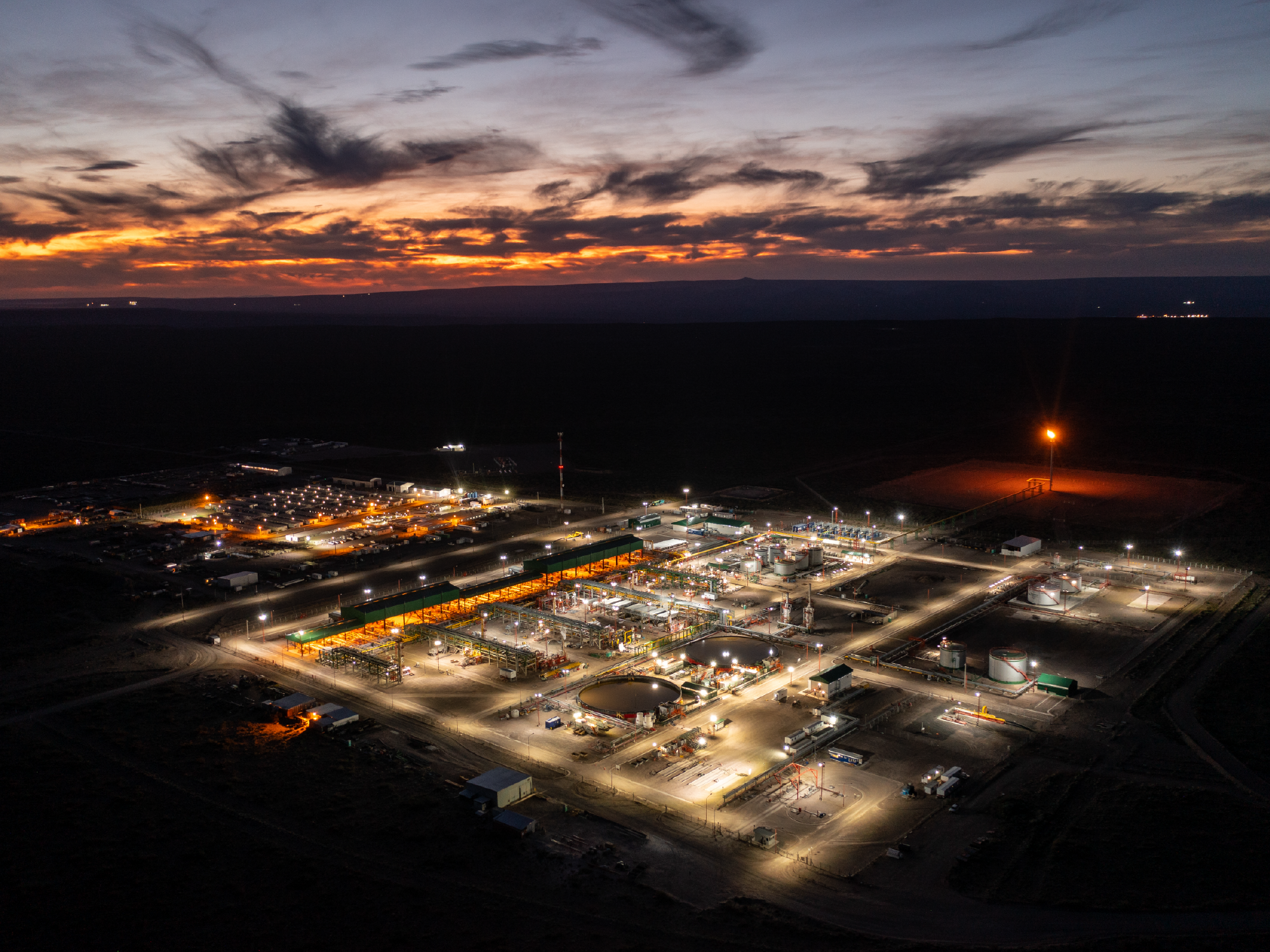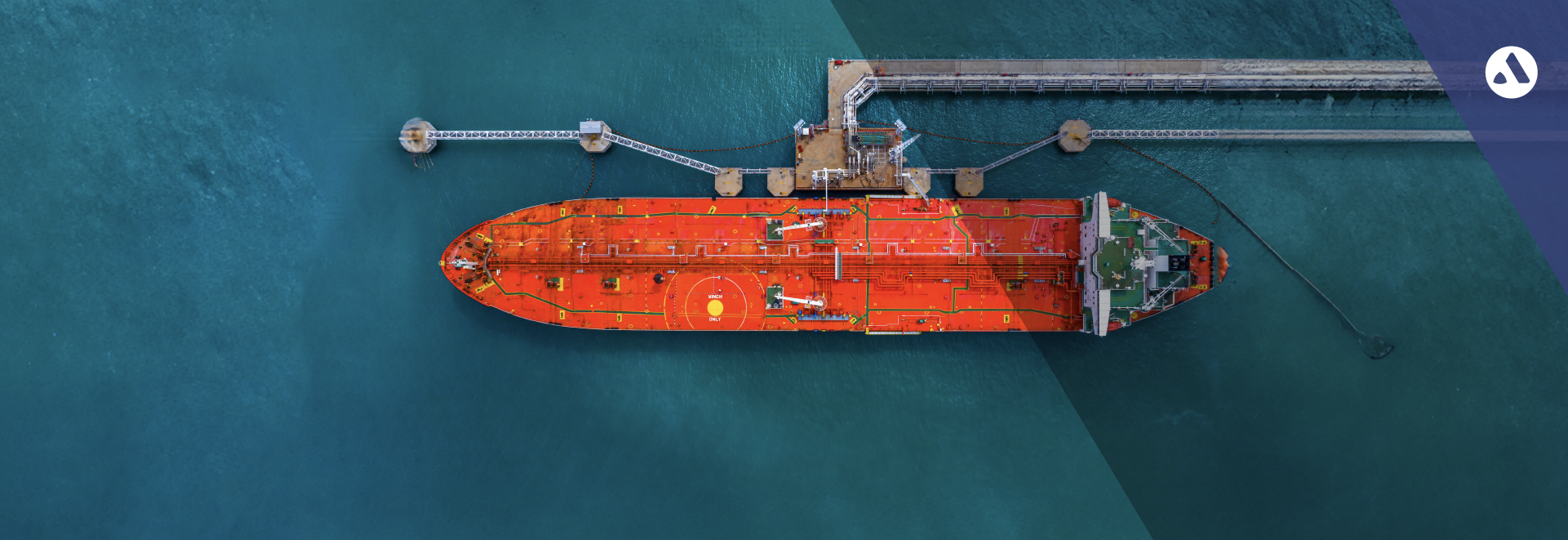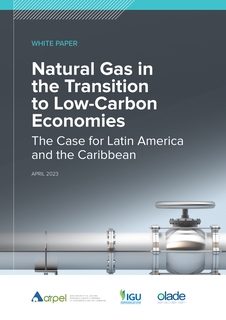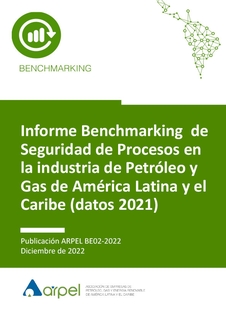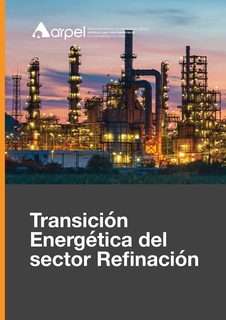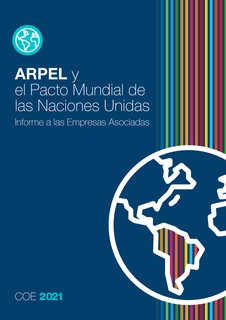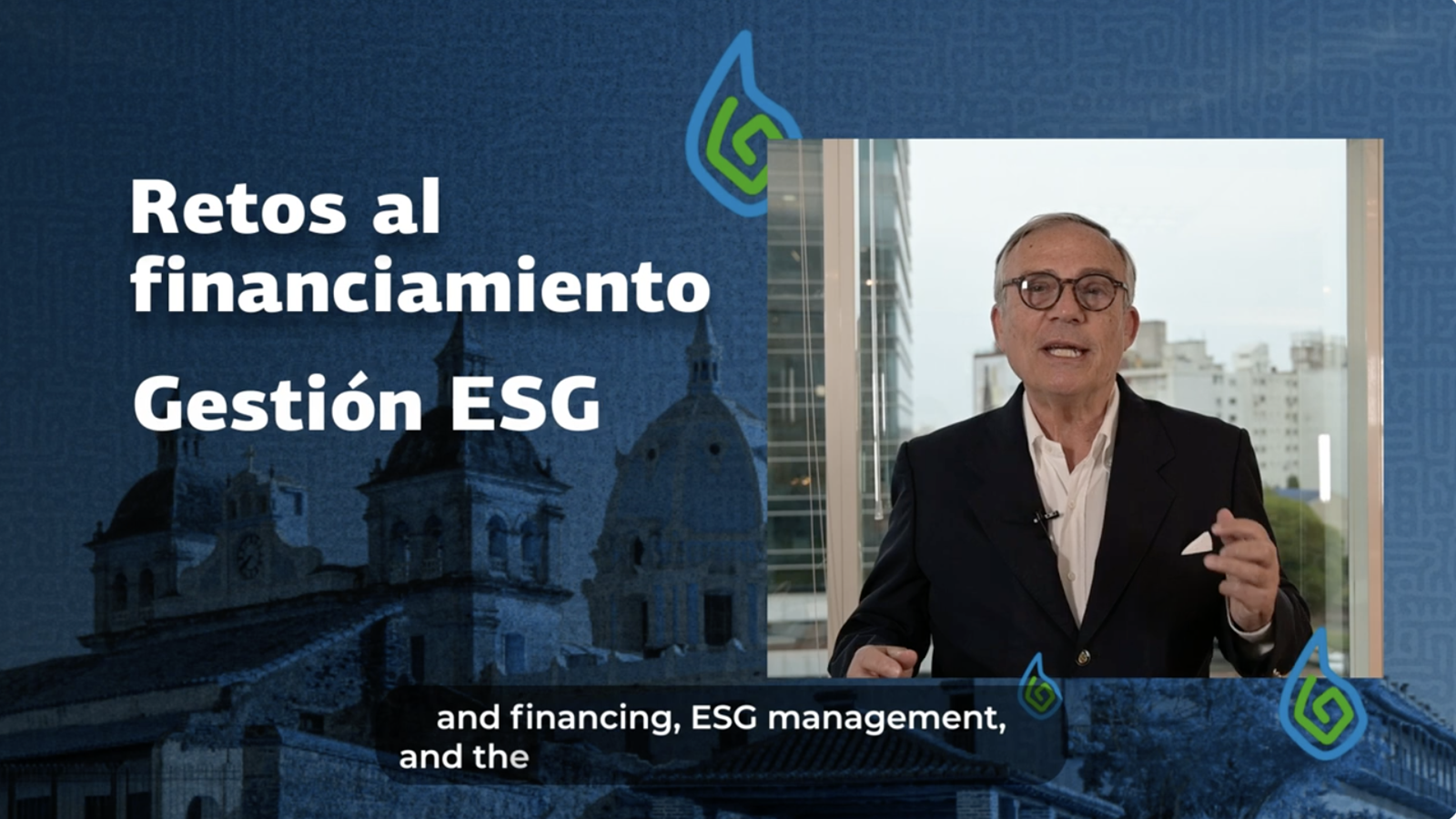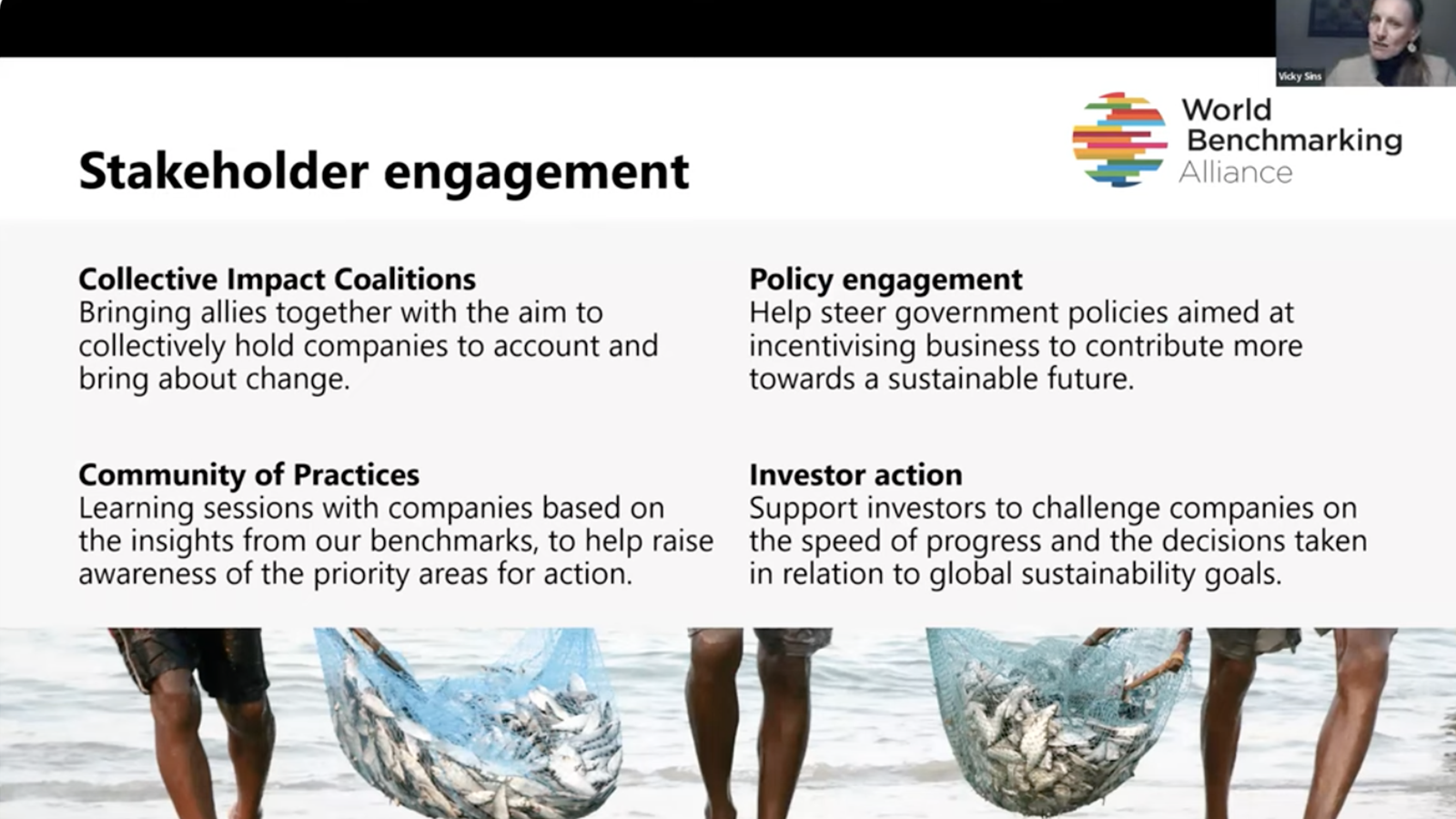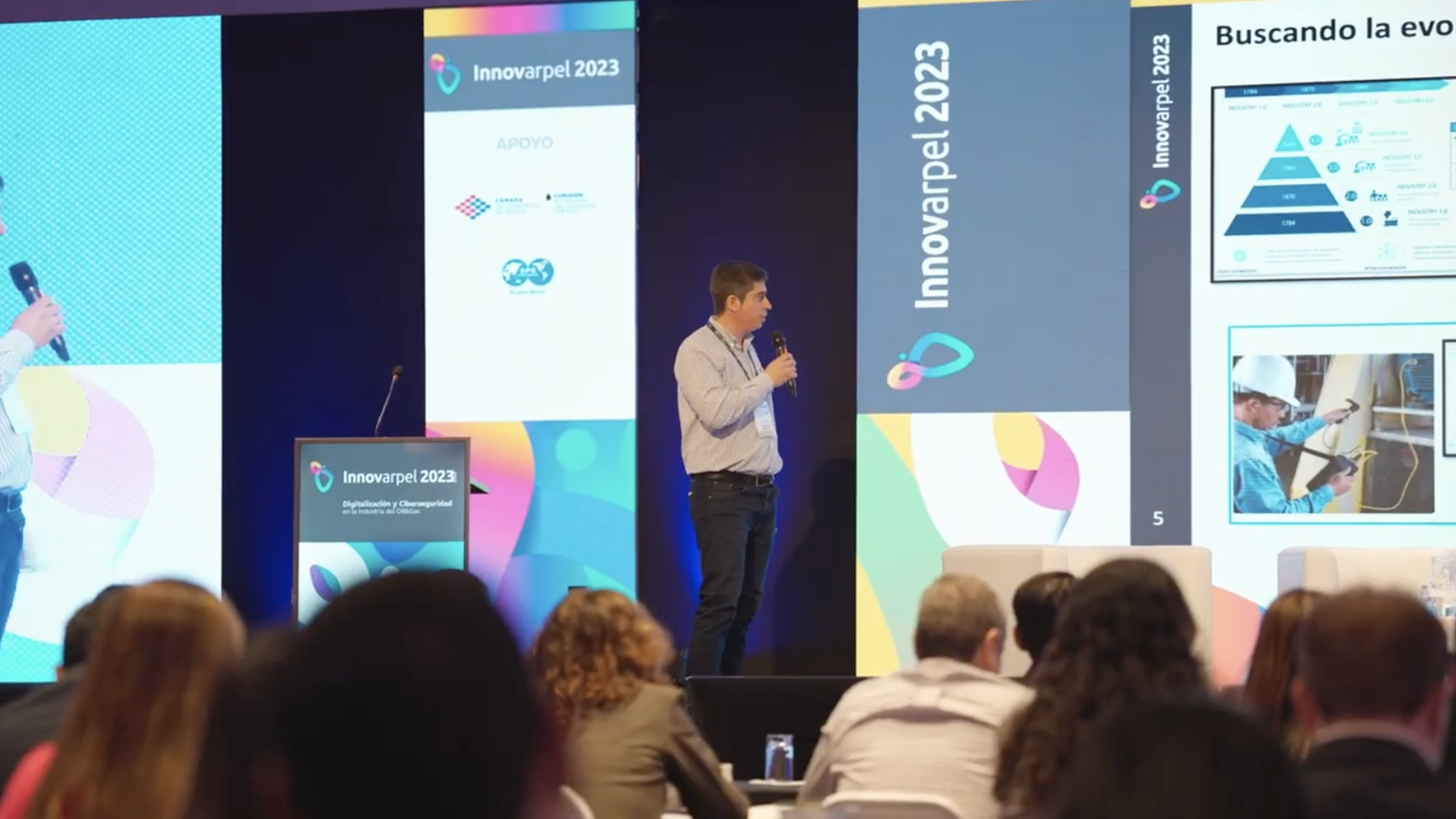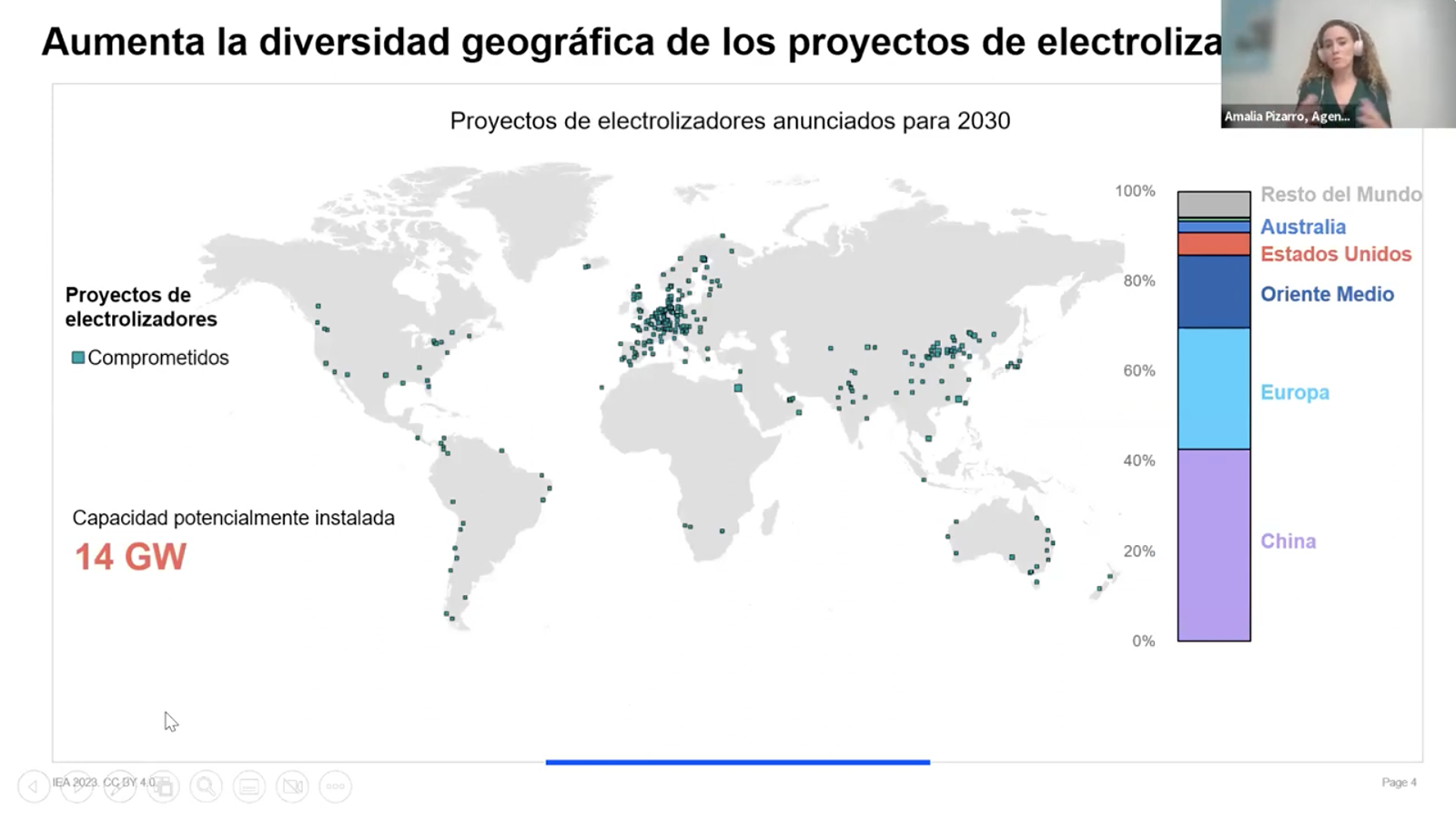Introducción
In this webinar, we will explore the Escazú Agreement, its context, and the scope of this crucial international agreement that impacts the oil, gas, and energy industry in Latin America and the Caribbean.
The Escazú Agreement, officially known as the Regional Agreement on Access to Information, Public Participation, and Justice in Environmental Matters, was adopted on March 4, 2018, in Escazú, Costa Rica, during an event at the United Nations Conference on Sustainable Development. This landmark treaty is the first international agreement in the region to include provisions for the rights of environmental defenders. It seeks to guarantee access to environmental information, promote public participation in environmental decision-making, and ensure environmental justice. To date, 25 countries in Latin America and the Caribbean have signed the Escazú Agreement, and 16 have ratified it: Antigua and Barbuda, Argentina, Belize, Bolivia, Chile, Dominica, Ecuador, Grenada, Guyana, Mexico, Nicaragua, Panama, St. Kitts and Nevis, St. Lucia, St. Vincent and the Grenadines, and Uruguay. The implementation of this agreement is essential not only for protecting the environment but also for ensuring the rights of communities and environmental activists.
This event is a collaboration between the Colombian Petroleum Association (ACP) and Arpel.




